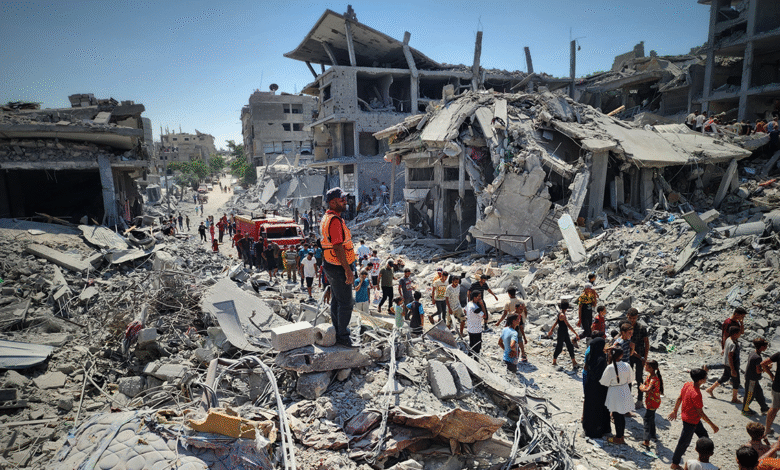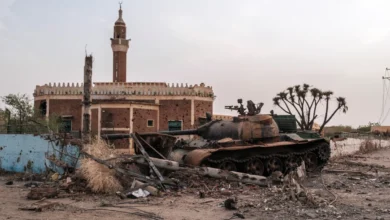UAE–Saudi Arabia Struggle for Control of Gaza: A Behind‑the‑Scenes Power Battle

Recent internal diplomatic documents and regional leaks reveal a growing rift between the United Arab Emirates (UAE) and Saudi Arabia over the shape of Gaza’s post‑war future. As the enclave lies in ruins, both Gulf powers are manoeuvring to install their preferred leadership model—each aiming to shape governance and reconstruction yet pursuing sharply divergent visions.
On one side stands Saudi Arabia, guided by a policy document dated 29 September 2025 prepared by the Kingdom’s foreign ministry. According to the document, Riyadh intends to play a central role in post‑war Gaza by providing financial and logistical support to the Palestinian Authority (PA), reforming the PA’s institutions, marginalising Hamas, and deploying an international peacekeeping force. The paper emphasises that Hamas must be disarmed and that governance should return to a reformed PA rooted in the 1967 borders and East Jerusalem as its capital. Saudi oversight is to be channelled through coordination with Egypt, Jordan and the PA, under the guidance of Manal bint Hassan Radwan, a foreign‑ministry official named in the document.
In parallel, the UAE is advancing a contrasting agenda focused on installing Mohammed Dahlan—an exiled Fatah security chief based in Abu Dhabi—as the dominant figure in Gaza. Diplomatic sources say the UAE has lobbied Israel and the United States to sideline the PA and bypass Hamas, promoting Dahlan as the “strongman alternative” suitable for a Gaza governed along Emirati and Israeli lines. The UAE’s post‑war plan reportedly includes a provisional Gaza administration led by Dahlan, with Emirati‑backed private security contractors and Israeli coordination, before eventual Palestinian state structures take over.
The clash between the two Gulf states is thus visible: Saudi Arabia favours a state‑centric, PA‑led framework anchored in Palestinian legitimacy; the UAE pushes a hybrid model of controlled leadership, private security and normalization with Israel. Internally the Saudis view the Dahlan‑centric plan as undermining the PA and empowering foreign‑backed proxies. The UAE, conversely, sees the PA as corrupt, weak and irrelevant to its vision of a normalized Gaza aligned with Abu Dhabi and Tel Aviv.
Leaked correspondence and diplomatic cables indicate that the UAE has briefed U.S. and Israeli officials about the Dahlan model, offering UAE investment in Gaza reconstruction, mining and agriculture in return for early leadership recognition. Saudi officials, meanwhile, cite the document above to show Riyadh’s public record: prioritising Palestinian institutional reform, placing the PA at the centre of post‑war governance, and withholding normalization with Israel until Palestinian statehood is advanced.
The divergence has further implications: reconstruction contracts, governance mandates, security arrangements and diplomatic alignments are all now subject to Gulf rivalry. Gaza’s war‑torn population may become the terrain of this competition, with Saudis seeking inclusive Palestinian ownership and Emiratis backing a technocratic proxy leadership. The risk is two‑fold. First, Palestinian legitimacy may be bypassed. Second, the UAE‑Saudi divide could fragment international rebuilding efforts, leaving Gaza vulnerable to competing foreign agendas rather than a unified Palestinian recovery.
In sum, the UAE–Saudi tug‑of‑war over Gaza reveals that reconstruction is not only humanitarian—it is geopolitical. The future of Gaza may rest not just on ceasefires and aid, but on which Gulf power succeeds in writing its terms.




